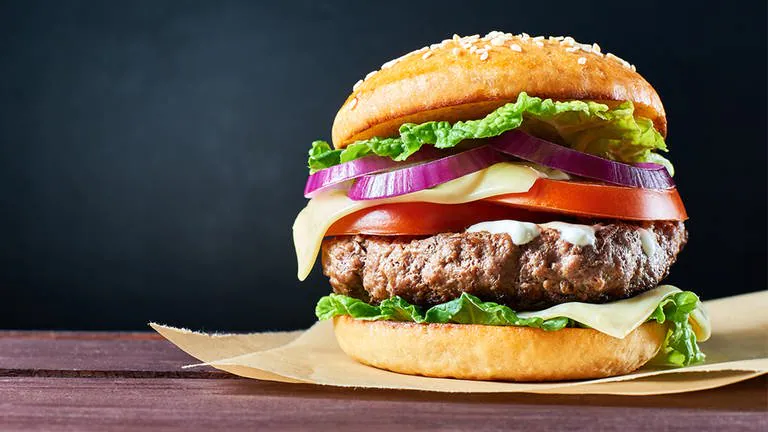Introduction Cheat meals – the term alone can spark a mixture of excitement and guilt in many fitness enthusiasts. These are meals where one deviates from their strict dietary regimen, indulging in foods that are usually off-limits. But do cheat meals help or hinder your fitness journey? This article dives deep into the concept of cheat meals, their psychological and physiological effects, and how to incorporate them into a healthy lifestyle.
Understanding Cheat Meals Cheat meals are essentially a break from your regular diet, allowing you to enjoy foods that are typically considered ‘unhealthy’ or ‘forbidden.’ This concept has gained popularity in the fitness world for various reasons, ranging from psychological relief to strategic metabolic stimulation.
Psychological Aspect
- Mental Break: Strict diets can be mentally taxing. Cheat meals provide a psychological respite, reducing feelings of deprivation.
- Motivation Booster: The anticipation of a cheat meal can motivate individuals to stick to their diet plan during the rest of the week.
- Relationship with Food: It helps in developing a healthier relationship with food, eliminating the idea of ‘bad’ foods and reducing the risk of developing eating disorders.
Physiological Aspect
- Metabolic Benefits: Some believe that cheat meals can ‘trick’ the body into thinking it’s no longer in a calorie deficit, potentially boosting metabolism.
- Leptin Levels: Indulging in a high-calorie meal can temporarily raise levels of leptin, the hormone responsible for signaling satiety, possibly enhancing fat loss post-cheat meal.
Planning Your Cheat Meals
- Frequency: The frequency of cheat meals varies depending on individual fitness goals, dietary needs, and metabolic rate. Typically, one cheat meal per week is a common practice.
- Portion Control: It’s crucial to enjoy cheat meals in moderation. Overindulgence can lead to excessive calorie intake, negating the week’s hard work.
- Timing: Some prefer to have a cheat meal after a workout session, utilizing the extra calories for muscle recovery.
Cheat Meals vs. Cheat Days
- Cheat Meals: A single meal that deviates from your diet plan.
- Cheat Days: An entire day of relaxed dietary rules. However, cheat days can lead to overeating and significantly set back progress.
Making Smart Choices
- Balanced Indulgence: Choose cheat meals that satisfy cravings but also contain some nutritional value.
- Mindful Eating: Eat slowly and savor the flavors, which can enhance satisfaction and prevent overeating.
Myths and Misconceptions
- Undoing Progress: One cheat meal is unlikely to undo an entire week’s worth of disciplined eating and exercise.
- Necessary for Success: While helpful for some, cheat meals are not essential for everyone’s fitness journey.
Conclusion Cheat meals can be a valuable tool in your fitness arsenal when used wisely. They offer a mental break, can boost motivation, and may have physiological benefits. The key is to plan them thoughtfully, ensuring they don’t derail your overall fitness and health goals. Remember, the journey to health and fitness is not just about physical well-being but also about enjoying life and the foods you love.
